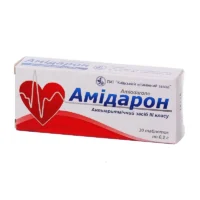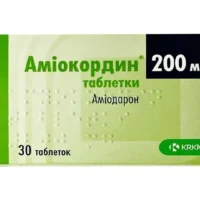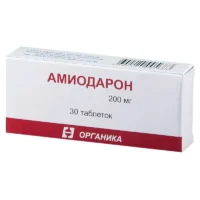Description
Dopegyt (Methyldopa) Tablets 250 mg. №50 Vial
Ingredients:
Each tablet contains 250 mg of methyldopa as the active ingredient.
Mechanism of Action:
Methyldopa, the active ingredient in Dopegyt, is a centrally acting alpha-2 adrenergic agonist that works by stimulating alpha-adrenergic receptors in the brain. This stimulation leads to a decrease in sympathetic outflow to the heart and blood vessels, resulting in vasodilation and a reduction in blood pressure.
Pharmacological Properties:
Methyldopa acts by reducing the sympathetic tone of the vasomotor center in the brain, thereby decreasing peripheral resistance and lowering blood pressure. It does not affect cardiac output or renal blood flow.
Indications for Use:
Dopegyt tablets are indicated for the treatment of hypertension. The medication helps lower blood pressure by relaxing blood vessels.
Contraindications:
Avoid using Dopegyt if you have a history of liver disease, depression, or if you are taking MAO inhibitors. It is crucial to consult your healthcare provider before starting this medication.
Side Effects:
Common side effects of Dopegyt may include dizziness, drowsiness, headache, and dry mouth. If you experience any severe side effects or allergic reactions, seek medical attention immediately.
Usage Instructions:
The typical adult dosage of Dopegyt is 250 mg taken 2-3 times daily. Your healthcare provider may adjust the dosage based on your response to the treatment and your medical condition. Take the tablets orally with or without food as directed by your physician.
Benefits Compared to Analogues:
Methyldopa has been shown in clinical trials to be well-tolerated and effective in managing hypertension, particularly in patients who do not respond adequately to other antihypertensive medications. Its unique mechanism of action makes it a valuable option for treating high blood pressure.
Suitable Patient Groups:
Dopegyt can be used in various patient groups, including adults, elderly individuals, and in some cases, children. However, the dosage and administration in children should be carefully determined by a healthcare professional.
Storage and Shelf Life:
Store Dopegyt tablets in a cool, dry place away from direct sunlight. Keep the medication out of reach of children. Check the expiration date on the packaging and do not use the tablets beyond that date.
Packaging Description:
Dopegyt tablets are available in a vial containing 50 tablets of 250 mg each. The packaging should be intact and sealed when purchased. Do not use if the packaging is damaged or tampered with.
Scientific Evidence:
Studies have demonstrated the efficacy of methyldopa in lowering blood pressure and reducing the risk of cardiovascular events. Research published in the Journal of Clinical Hypertension highlighted the effectiveness of methyldopa in managing hypertension.
Additional Information:
It is essential to monitor your blood pressure regularly while taking Dopegyt tablets. Inform your healthcare provider about any side effects or concerns you may have during the treatment. Avoid consuming alcohol while on this medication.




